
Machine Learning
with Graphs
Created using Midjourney
Research
Graphs and networks are ubiquitous in various domains, from chem- and bioinformatics to computer vision and social network analysis. Machine learning with graphs aims to exploit the potential of the growing amount of structured data in all these areas to automate, accelerate, and improve decision-making. Analyzing graph data requires solving problems at the boundaries of machine learning, graph theory, and algorithmics.
Our ambition is to develop methods that are useful for solving concrete problems in real-world applications, especially in drug discovery. We focus on the development of new machine learning and data mining methods for structured data related to the following broad topics:
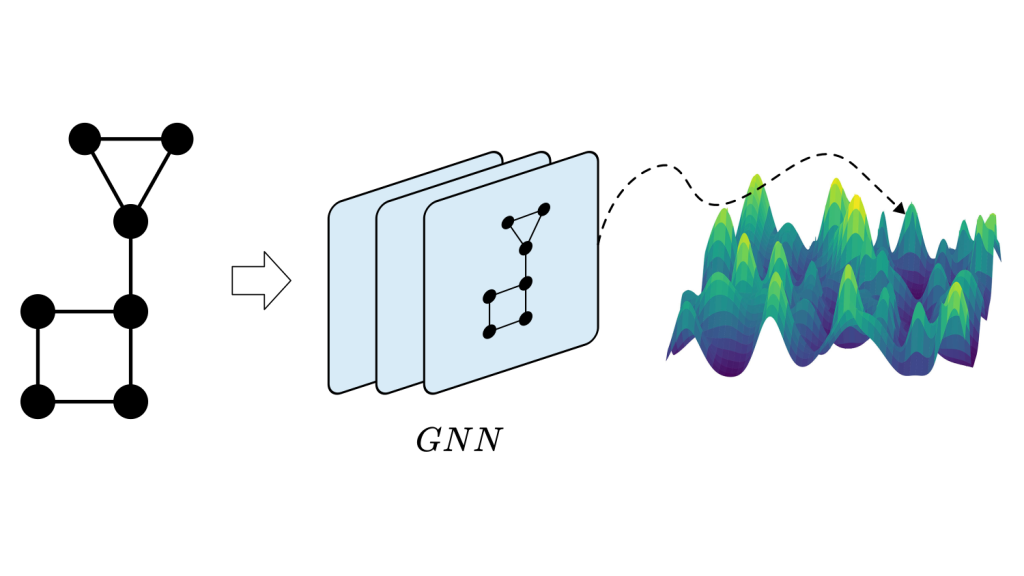
Graph Embedding
Graph embedding techniques map graphs into a vector space, such that similar graphs are represented by close vectors. We investigate graph kernels and graph neural networks (GNNs) for embedding graphs to solve learning problems. While graph kernels allow operating implicitly in high-dimensional feature spaces, graph neural networks optimize the feature representation for the learning task. We design, theoretically analyze, implement, and empirically evaluate graph embedding methods.
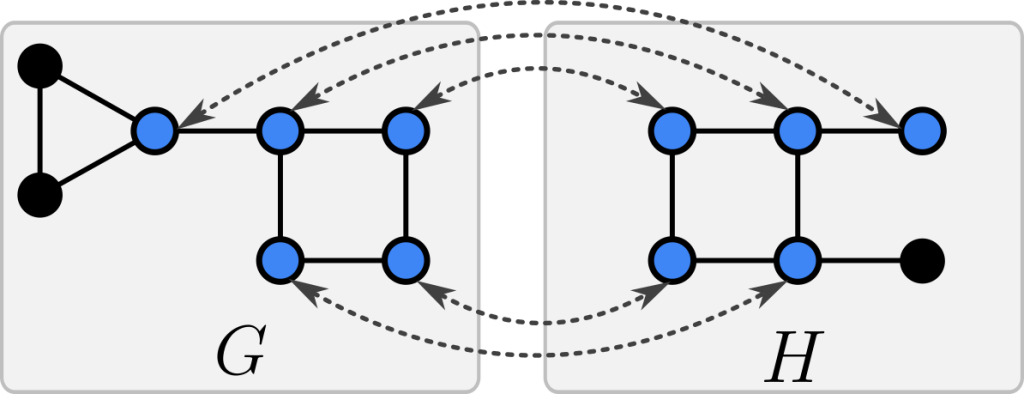
Graph Matching
The term graph matching refers to methods for finding a correspondence between the nodes of two graphs that optimally preserves their node/edge features and adjacency structure. We study exact polynomial-time algorithms for restricted graph classes, heuristics for general large graphs, and learning-based graph matching techniques.
Graph Search
Information systems with graph-structured data require custom methods for specifying, identifying, and retrieving the desired information. We develop efficient methods and index structures for searching large databases of graphs, e.g., regarding similarity or subgraph containment.
Team
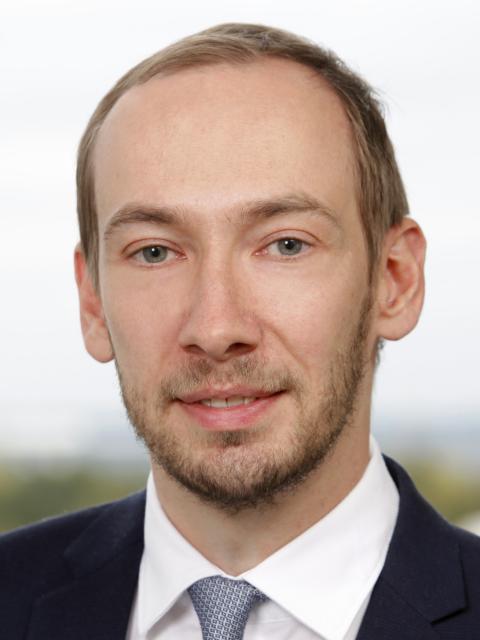
Nils
Kriege
Group Leader
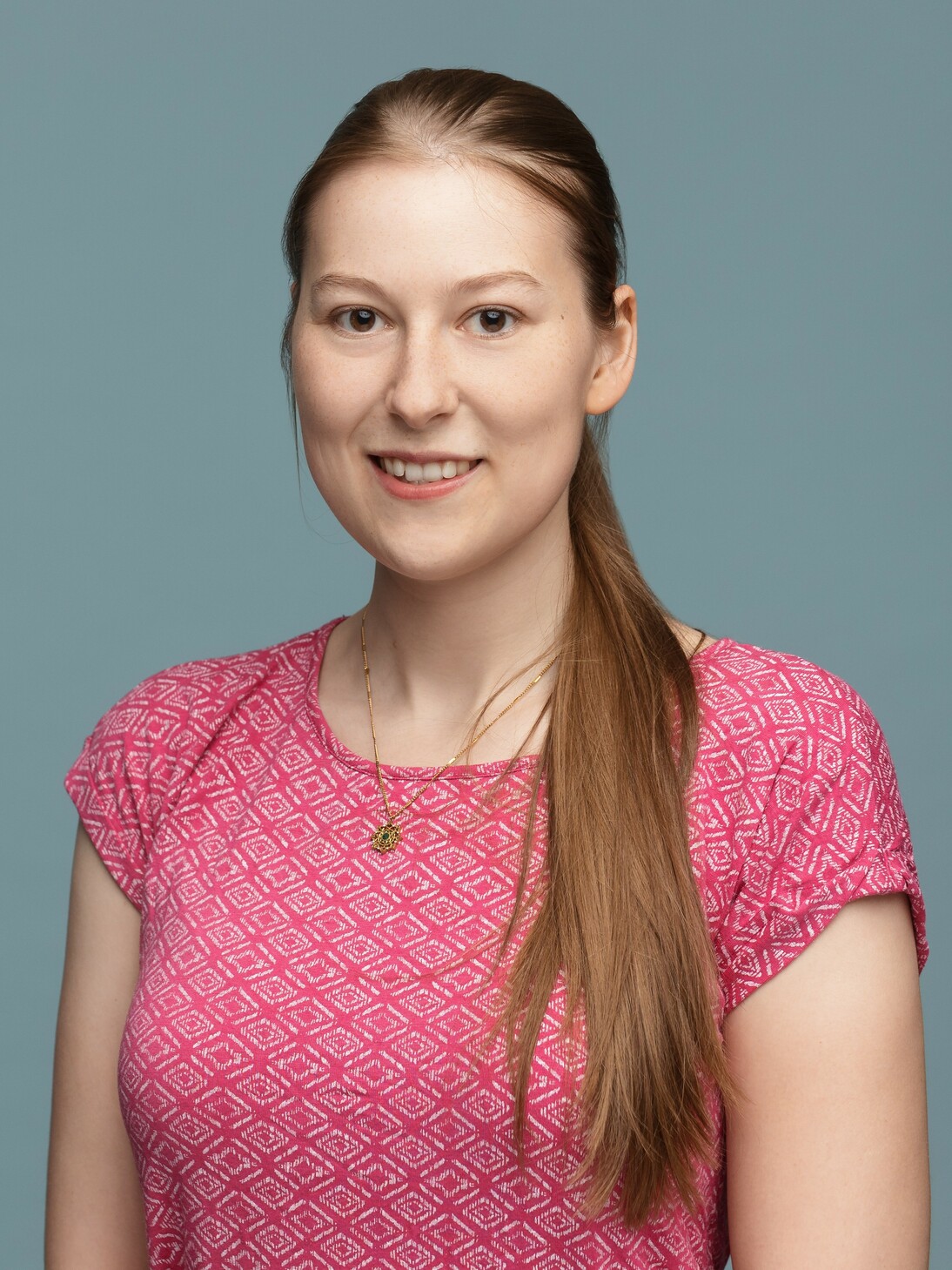
Franka
Bause
Postdoc
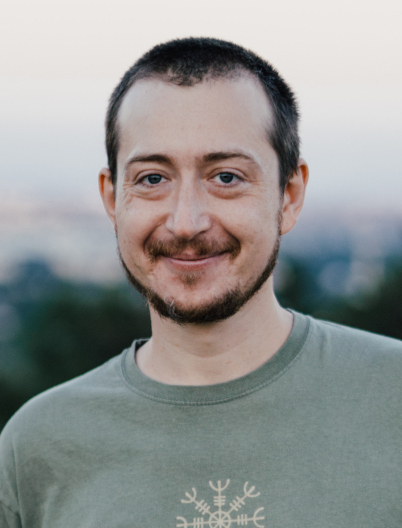
Lorenz Kummer
PhD Candidate
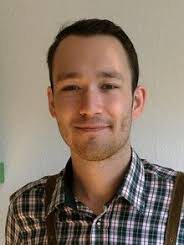
Anatol
Ehrlich
PhD Candidate
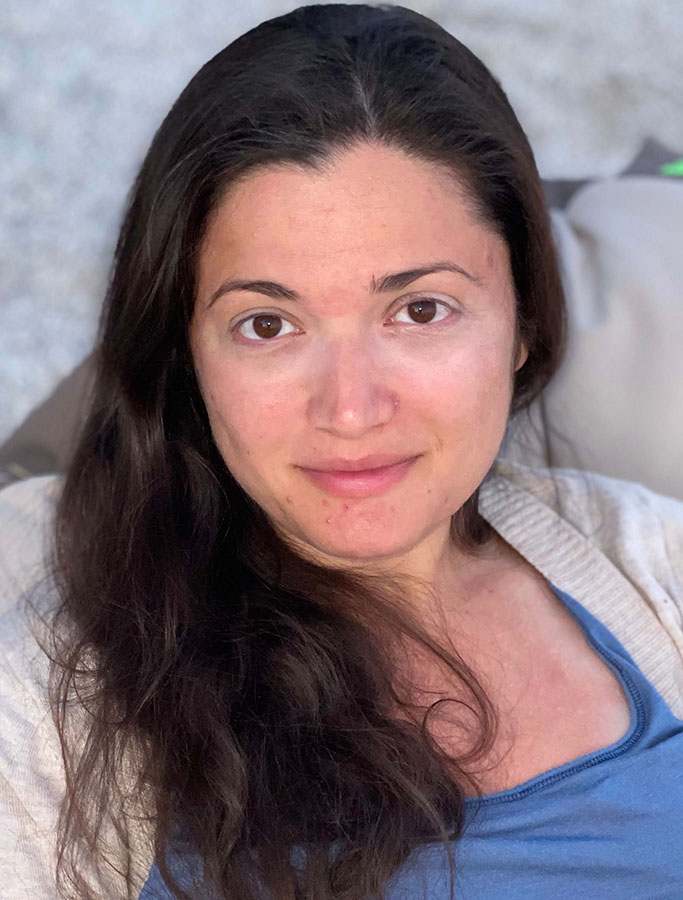
Tinatini Buturishvili
External PhD Candidate
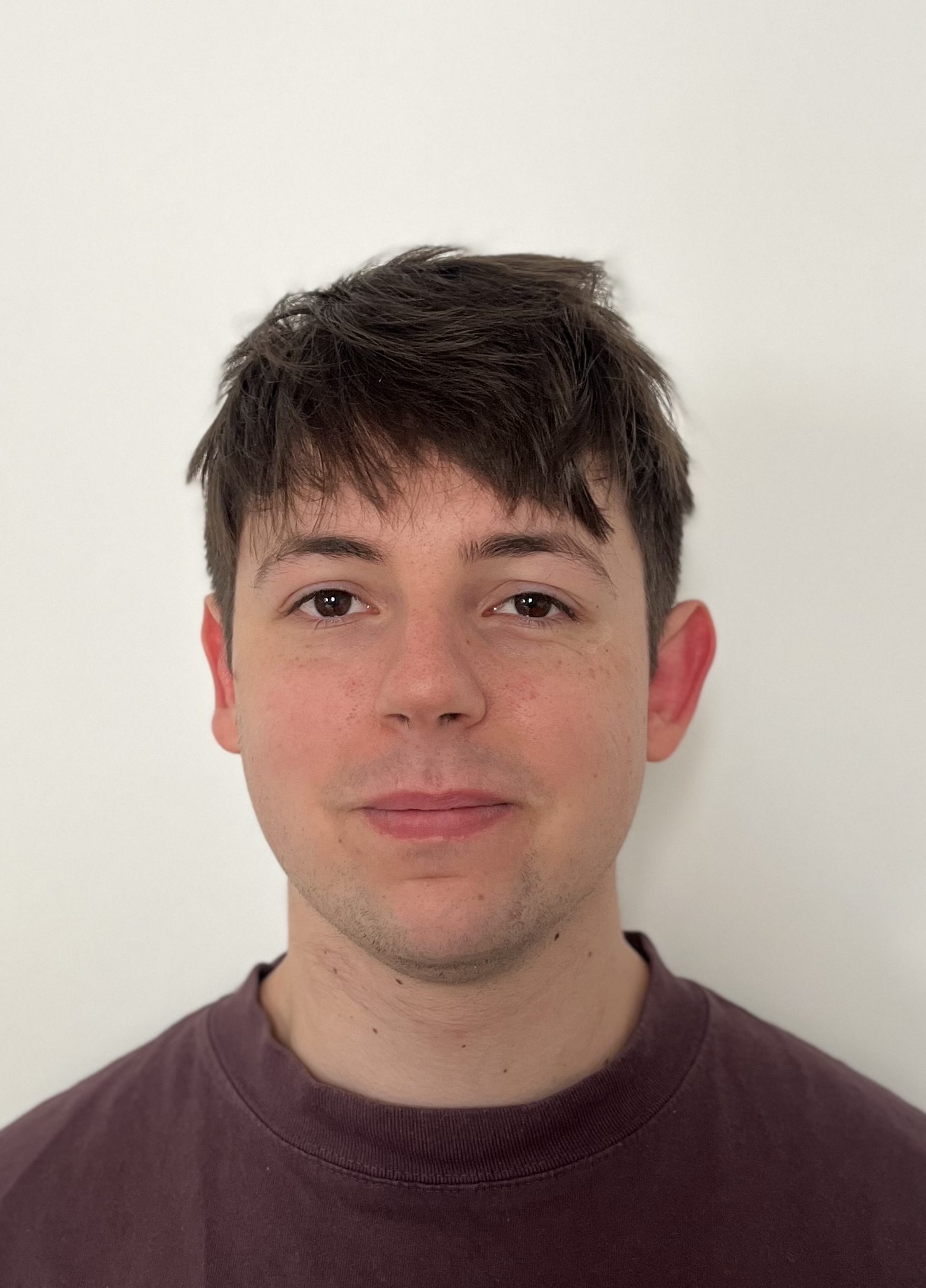
Albert
Dinstl
Research Assistant

Charlotte
Zott
Administration
Alumni
- Ole Schlüter (Research Assistant) 2024-2025
Recent News
See All News
-

Lorenz Presents at GLOW
–
Graph Learning on Wednesdays (GLOW) is a new reading group designed to foster discussions on the foundations and latest developments in Graph Machine Learning. We were thankful for the opportunity to present our research and engage in the interesting discussions.
-
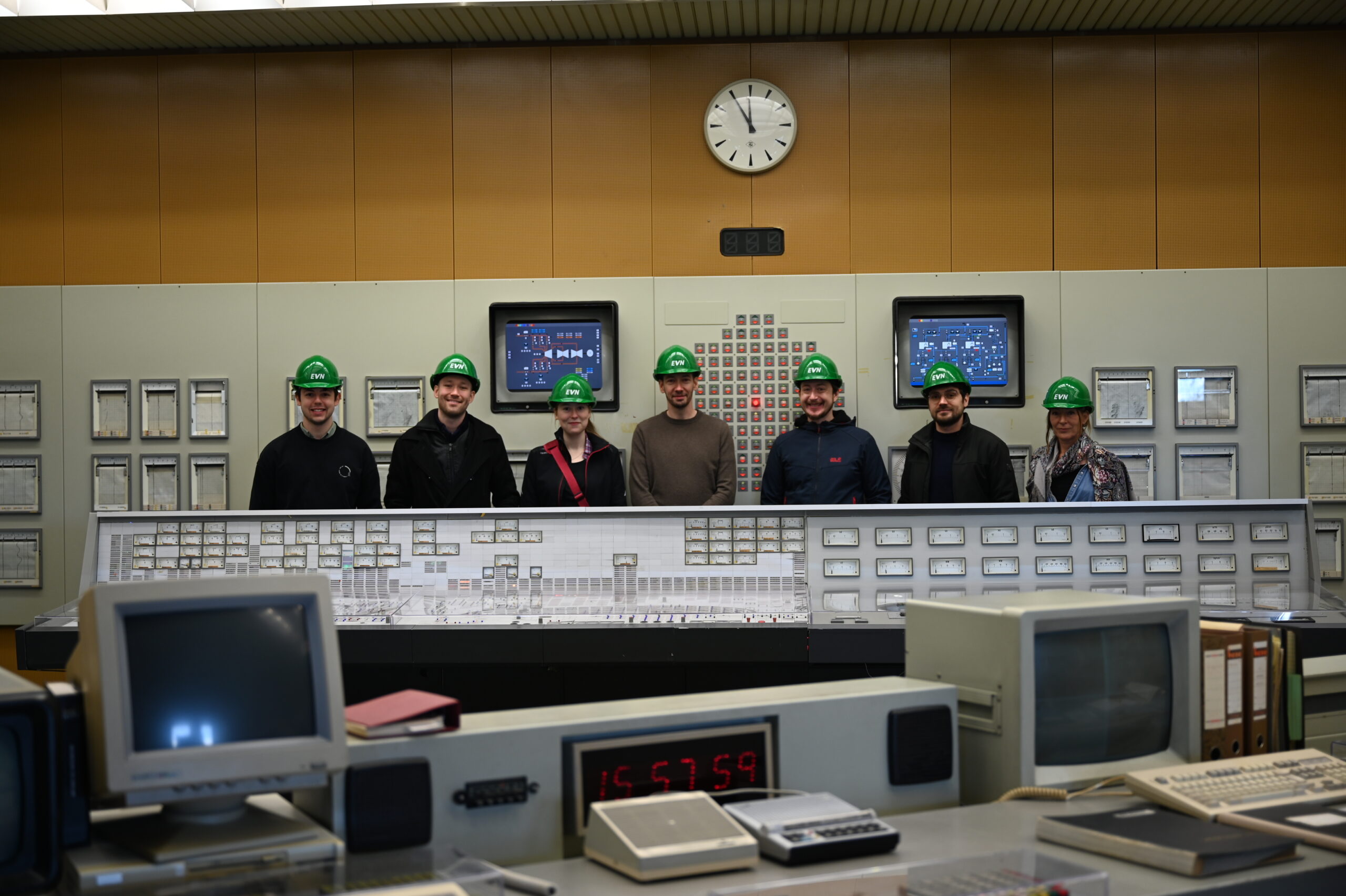
Group Excursion to AKW Zwentendorf
–
On Friday the 24th October 2025, the KriegeGroup set out to explore the Nuclear Reactor Facilities in Zwentendorf (Lower Austria). The Zwentendorf Nuclear Power Plant was a fully built 700 MW boiling-water reactor near Vienna, completed in 1978 but never put into operation. On November 5, 1978, a referendum resulted in a narrow majority (50.47%)…
-

Franka Presents Poster at ECML/PKDD
–
Franka presented the paper Maximally Expressive GNNs for Outerplanar Graphs by Franka Bause, Fabian Jogl, Patrick Indri, Tamara Drucks, David Penz, Nils Kriege, Thomas Gärtner, Pascal Welke, and Maximilian Thiessen (published at TMLR earlier this year) at the ECML/PKDD 2025 Nectar Track! Our paper proposes a linear time graph transformation that enables the Weisfeiler-Leman (WL)…
Join Us!
We are a collaborative and ambitious research team advancing machine learning with graphs through both theoretical analysis and methodological innovation for applications.
PhD Students
We regularly have open positions for doctoral researchers. We are open to working with outstanding students from different areas, including computer science, and mathematics. If you are interested, please send your CV and up-to-date transcript of records to Nils Kriege.
Master’s and Bachelor’s Students
We are happy to supervise students at the University of Vienna who are interested in our research. An overview of possible topics for theses offered by our group can be found in the teaching section or on the Univie Open Topics page. Please get in touch with Nils Kriege or the specified contact persons and send an up-to-date transcript of records.
